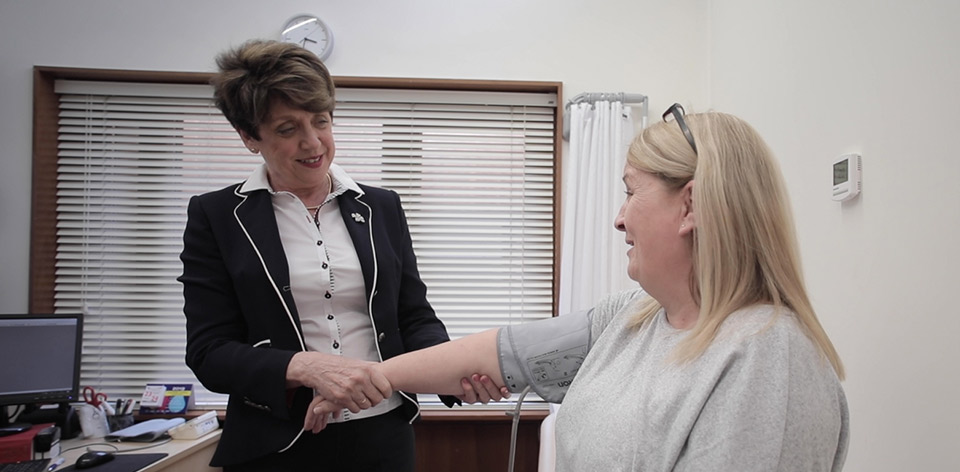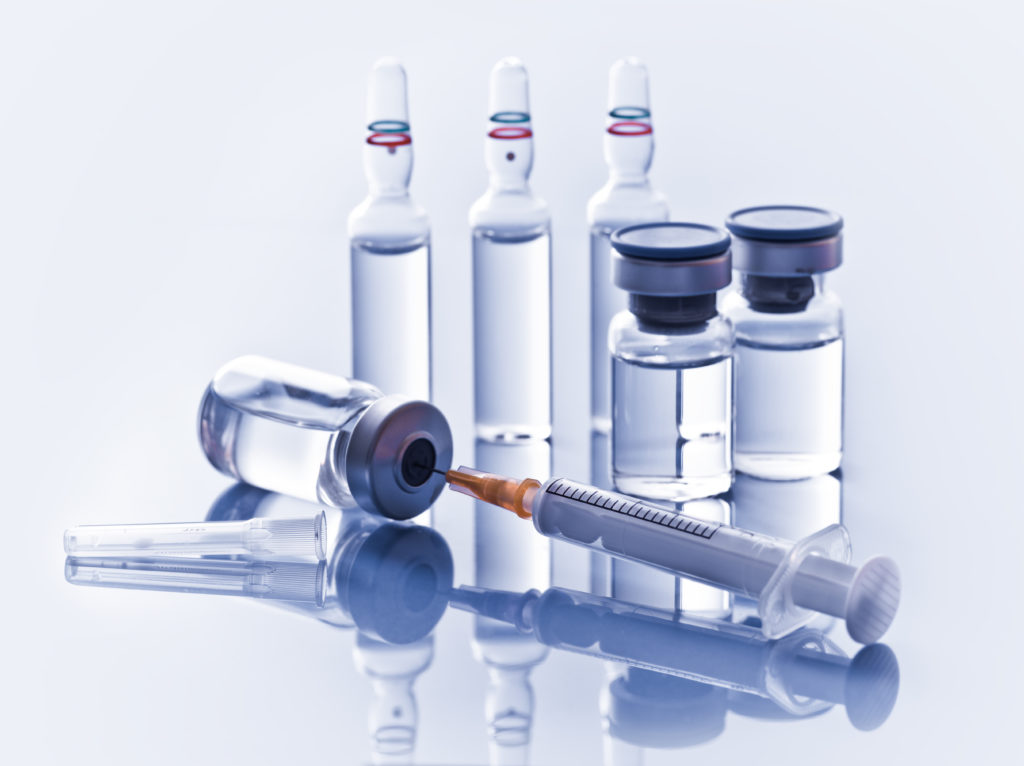
Many people yearn to have a child. As time passes, men and women watch their colleagues and friends having babies and they secretly, and often silently, worry about their own fertility. For some, the fear of not being able to have a child of their own is almost primordial, as though nature has relegated them to the sidelines in the great game of life.
Women find themselves smiling fixedly at their friend’s newest baby and buying beautiful presents. Men slap their colleague’s back rather too heartily at the announcement of yet another bonny baby and often drink too much at the subsequent celebration.
Obviously, not everybody wants to have children but, for a few people, this yearning for a child can turn into a painful obsession.
Dr Louise Kenny, professor of obstetrics at University College Cork and a Consultant Obstetrician and Gynaecologist, says she would never try to talk a woman or couple out of trying to conceive just because she is over 40.The waiting room: having babies later is no bad thing
Medical Matters: the uses of the Pill are wider than contraception
Luckily, our ability to assess and predict future fertility, for both men and women, has improved dramatically with the advent of new scientific knowledge in the past few years. There is now a predictive test of women’s eggs, or ovarian reserve, called the Anti-Mullerian Hormone (AMH).
This blood test, which can be done in some general practices, lets a woman know how many eggs she has and how many years it may be before the onset of her menopause.
The result can be reassuring as it can let women know if they are within their fertile years. In addition, the AMH level can show whether there is a large number of eggs in the ovaries and can be very helpful in diagnosing Polycystic Ovarian Syndrome (PCOS), which can also interfere with their fertility.
Women are born with all the eggs they will ever have in their ovaries, and their eggs age with them no matter how healthy they are. The span of normal menopausal age is between 45 and 55, and the average age of menopause is 51. In general, a woman’s fertility declines at least 10 years before the menopause.
Women who have a late menopause will be fertile until their mid-40s, but women who have an early menopause will have a decline in fertility in their mid-30s.
Specialists in fertility treatments are now telling us that a woman’s fertility may decline even up to 13 years before the menopause. That is a scary thought as the average age of women having first babies in today’s society is now 33.
Many women are at the peak of their career at this age, and it can be a difficult decision to have a baby, with the potential implications for a woman’s career.
Our society has a dilemma in this regard. Some companies are offering egg retrieval and storage to their young executives, but the success rates of these techniques is poor, at about 15 per cent, and the costs are high.
Specialist fertility clinics offer egg retrieval and storage for women who are worried about their fertility or who have to have treatment such as chemotherapy that will affect their future fertility.
Men’s Fertility
Men are often neglected in the fertility equation and we now have a predictor of fertility for men in the form of DNA fragmentation tests. Until recently, we could test only a routine sperm analysis, and while this can rule out some obvious fertility disorders, such as a low sperm count, it is of limited use in finding out about the actual health of the man’s sperm.
Now, with new DNA fragmentation techniques that show the small breaks in sperm DNA, we know that many previously unexplained cases of infertility and recurrent miscarriage are actually due to damage in the sperm DNA.
Sperm fragmentation tests can now be done in some general practices with a special interest in fertility.
Eighty per cent of couples will conceive naturally within a year if they are having regular unprotected sex, while 90 per cent will conceive within two years in the natural fashion.
However, if a couple find that natural conception does not occur, or if they are having recurrent miscarriages, it may be worthwhile to examine the health of the DNA in the sperm.
The percentage of breaks in the DNA content of the sperm can predict whether a couple will benefit from in-vitro fertilisation (IVF), or whether they will need to be referred to specialist fertility clinics for intra-cytoplasmic sperm injection (ICSI).
It can save a couple a lot of time, money and heartache if they know which kind of assisted fertility they would benefit from, and whether they can be referred directly for the proper treatment.
Men are fortunate in that they produce sperm approximately every three months. Lifestyle changes can improve the quality of sperm substantially in quite a short time. So smoking, using recreational drugs, obesity, diabetes, excess alcohol, a sedentary lifestyle and poor nutrition can all affect the quality of a man’s sperm, and some modifications to their lifestyle can be hugely beneficial.
And the great thing is that men can and do contribute much more to the health of their babies than we previously realised.
It used to be thought that one-third of infertility was a male cause, one-third female and one-third was unexplained. Now we know that 80 per cent of unexplained infertility may in fact be explained by tiny breaks in sperm DNA.
Female Fertility
Family doctors can now do many other blood tests to measure female fertility. Day three follicle-stimulating hormone (FSH) gives us a good idea of a woman’s ovarian function at any time.
It is also a good measure of whether you are in the menopause, even if you have a Mirena coil in situ and do not have any menstrual periods. Progesterone levels on day 21 of a 28-day cycle tell us whether the woman has ovulated in that cycle.
Hormones, such as thyroid hormone, prolactin and testosterone, and deficiencies in vitamins, such as vitamin B12 and folate, can also affect fertility in both men and women and can be easily tested for.
Women who suffer from PCOS may have more trouble conceiving, but their fertility levels can be assessed by checking blood hormone levels, and ultrasound can be extremely helpful, both in diagnosis and monitoring treatment.
The good news is that we can now do predictive tests such as AMH and Sperm Fragmentation Tests for future fertility in general practice and science is developing all the time to assist us in this. Having tests to predict future fertility can be very comforting for both men and women, and can take the worry and pressure off couples who may be worrying needlessly about their ability to have a family.
There may come a day when men and women in their late-20s will routinely have a “predictive fertility check-up”, and we may be able to avert some of the very sad stories we now hear every day in general practice, of men and women who yearn for a child but whose window of fertility has passed.
Dr Nuala O Farrell is a GP at The Cremore Clinic in Glasnevin, Dublin 11, with a special interest in fertility.





